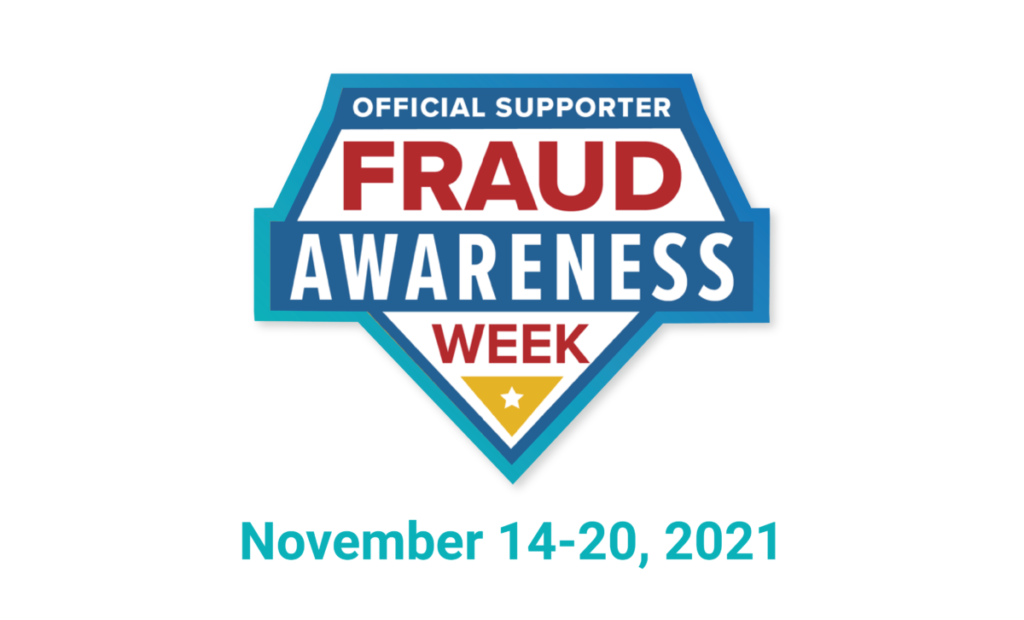Reading Time: 2 minutes
The bad news? Fraud is a threat to any nonprofit’s mission. The good news? The more checkpoints you have in place to prevent fraud, the less opportunities for fraudulent activities.
Today we’re sharing some simple yet powerful accounting internal controls you can put in place to reduce fraud opportunity at your nonprofit.
1. Segregation of duties
Create an internal financial process where you don’t depend on one staff member to do all the financial processing. This might include processing gifts, cash donations, and other funds. Have key financial staff and team members assigned to different steps for processing any of those funds to help reduce fraud opportunities.
2. Security of cash transactions
During nonprofit events such as live auctions or other cash donation opportunities, it’s important to have a policy in place for how those dollars are kept secure during the event and after the event for deposit. Keeping cash in a secure location, such as a locked cash box, and employing limited and secure access to the cash is key to preventing any cash from disappearing.
3. Access settings in your accounting system
Do you have a fund accounting software program specifically designed to ensure internal controls and settings to protect against fraud? Does your program alert you to large variances in a budget or duplicate invoices?
Setting user access restrictions helps keep access to financial processes for only those who need to have access. Putting user access restrictions in place will also enable a secure and auditable trail of who is accessing financial information including transactions made.
4. Documentation and authorization
Who can sign checks at your nonprofit? Requiring two signatories on larger checks is an easy method of protecting your nonprofit assets from fraud. Ensuring you are reconciling all your accounts each month is another key preventative measure. Keeping your checks locked up, if not in use, and securing a key with one staff member can protect check fraud.
It’s also important to have a financial policy in place for your nonprofit no matter what the size. Many nonprofits as well have at least one board member who can review all financial reports and look specifically for variances within the monthly financial reports. Closely reviewing financial reports on a monthly basis will help ensure if something is out of balance or suspicious, it can be quickly attended to.
Taking these steps today will help protect your nonprofit from fraud year–round. You can learn more insights in our webinar, positioning for growth by preventing fraud in your nonprofit.
If you’re interested in finding out more, you can also listen to our September Webinar – Positioning for growth by preventing fraud in your nonprofit.




